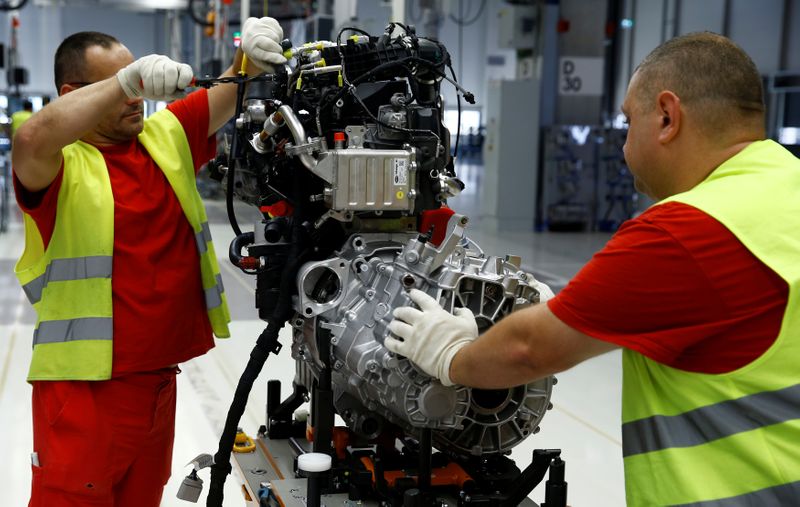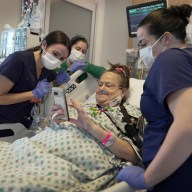WARSAW (Reuters) – Polish manufacturing recovered in July after a coronavirus lockdown was eased, a survey showed on Monday, but Hungary posted a more modest improvement and the Czech Republic did not return to growth, suggesting the region still faces challenges.
Poland started easing its lockdown in May, and economic indicators for June provided some surprises to the upside. Retail sales and industrial output beat analysts’ expectations as consumers returned to shops and factories resumed operations.
“The PMI points to a further recovery in the Polish economy related to the gradual lifting of restrictions and the gradual resumption of activity by processing companies,” said Krystian Jaworski, senior economist at Credit Agricole in Warsaw.
In Poland, the IHS Markit Purchasing Managers’ Index (PMI) for manufacturing rose to 52.8, the first time since October 2018 it has been above the 50.0 line that separates growth from contraction.
In Hungary the PMI, which is published by The Association of Logistics, Purchasing and Inventory Management, rose to 50.8 in July from a revised 47.4 in June.
“There is light at the end of the tunnel, but the recovery in industry will be slow and gradual,” said Peter Virovacz, senior economist at ING in Hungary.
Czech manufacturing PMI rose to 47.0 last month from 44.9 in June, returning to pre-pandemic levels with the slowest decline since March 2019.
“Demand still has significant room for improvement after the collapse caused by the coronavirus,” said Radomir Jac chief economist of Generali Investments CEE in Prague.
The Czech Republic and Hungary have been affected by the difficulties facing the auto industry, which generates 4% to 6% of Hungary’s gross domestic product and a tenth of the Czech Republic’s.
The Czech Exporters Association said last week the crisis had wiped out about three to four years of export growth. In a survey of companies released last week, the association found none expected revenue growth this year and 43% expected a drop of more than 20%.
Sonia Buchholtz, an economist at employers group Confederation Lewiatan, also struck a note of caution regarding the Polish reading.
“It is hardly surprising that we see improvement compared to the period of increased lockdown,” she said. “If we have any form of lockdown it may be difficult for (companies) not to go bust.”
(Reporting by Alan Charlish and Anna Koper in Warsaw, Robert Muller and Jason Hovet in Prague, Anita Komuves and Krisztina Than in Budapest)



















